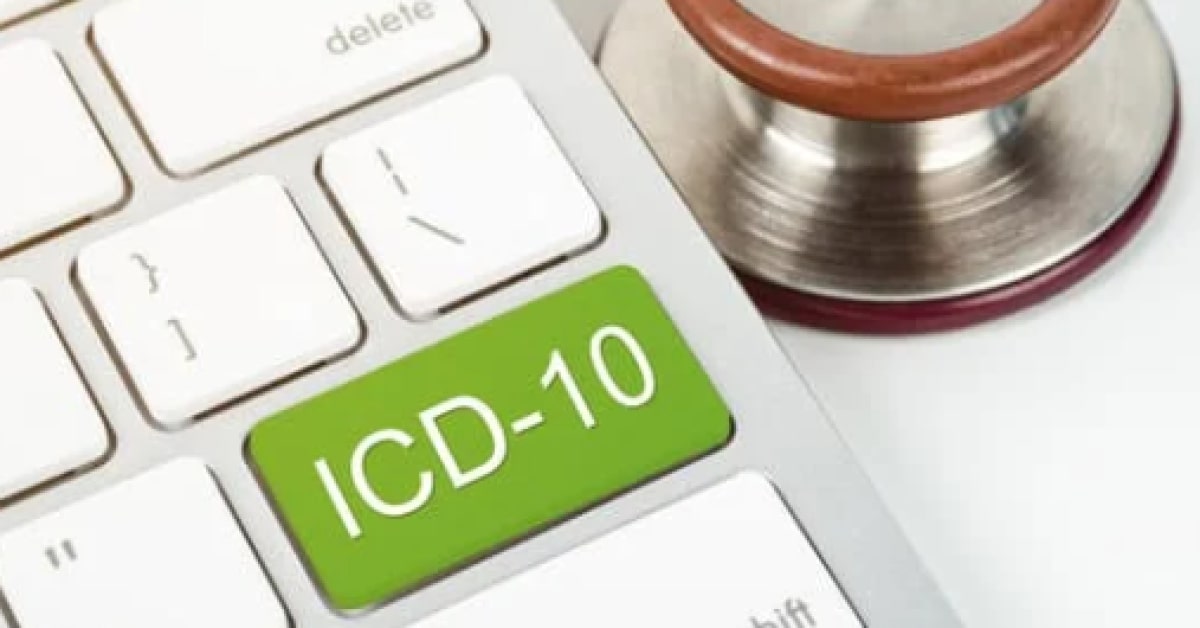Blog
July 30, 2023 • 10 mins readDental Billing Made Easy: How Correct ICD-Coding Can Boost Revenue
Proper dental billing and coding, including accurate ICD-10 diagnosis codes, are crucial for a successful dental practice and maximize revenue.
Author
Danielle Duncan

In this Article
Proper dental billing and coding are crucial aspects of running a successful dental practice. Accurate ICD-coding not only ensures a streamlined medical billing process but also plays a significant role in maximizing revenue. In this article, we will explore the importance of using the correct ICD-10 diagnosis codes and provide useful insights on how it can effectively boost your practice’s financial health.
The Significance of Accurate ICD-Coding
Accurate ICD-coding, or International Classification of Diseases coding, is vital for dental practices to correctly identify and classify diagnoses and procedures. It involves assigning specific codes to different dental procedures, diagnoses, and treatments. By doing so, dental professionals can efficiently communicate with insurance providers and ensure proper reimbursement.
When ICD-coding is done correctly, it minimizes the chances of claim denials and delays, reducing the overall billing cycle time. This leads to faster reimbursement, improved cash flow, and increased revenue for your dental practice.
Boosting Revenue through Correct ICD-Coding
1. Optimizing Insurance Reimbursement:
Accurate ICD-coding ensures that insurance companies have all the necessary information to process claims promptly. As you probably know, waiting on claims due to ICD-10 code problems can lead to feeling a bit anxious. ICD-10 codes used properly can help to reduce the likelihood of claim rejections, denials, or downcoding. By providing detailed and accurate coding, you increase the chances of receiving maximum reimbursement for the services rendered.
2. Reducing Billing Errors:
Using the correct ICD-10 code for procedures eliminates errors or discrepancies in the billing process. When claims contain incorrect codes or incomplete information, they are more likely to be rejected or delayed. By investing time in accurate coding, you can significantly reduce billing errors, leading to faster claim processing and improved revenue.
3. Enhancing Documentation:
Correct ICD-coding encourages thorough documentation of patient diagnoses and treatments. It prompts dental professionals to capture detailed information, which not only aids in accurate billing but also supports the overall patient care process. Additionally, comprehensive documentation reduces the chances of audits and investigations, further streamlining the billing and reimbursement process.
Best Practices for Effective ICD-Coding
1. Stay Updated:
Familiarize yourself with the latest ICD-Coding guidelines and updates. Regularly review and refresh your knowledge to ensure accurate coding and maximize revenue potential. We will always do our best to keep you updated on updates to ICD-10 coding. With Imagn Billing you have access to all of the most commonly used ICD-10 codes and knowledgeable experts to help you ensure that your claims are processed with the correct codes.
2. Use Specific Codes: experts
Avoid using generic or unspecified codes whenever possible. Choose codes that precisely match the treatment or diagnosis to provide a clear and accurate representation of the services rendered. If you aren’t sure which code best fits the procedure and diagnosis, our staff is standing by to help guide you through the process!
3. Ensure Documentation Accuracy:
Accurate ICD-coding relies on comprehensive and precise documentation. Encourage your dental team to maintain clear, detailed, and organized patient records, ensuring all relevant information is readily available. Another way to ensure that your team is on the same page is by scheduling an on site training session.
Remember, correct ICD-coding is a fundamental aspect of dental billing that directly impacts your practice’s revenue. By investing time and effort into accurate coding, you can optimize insurance reimbursement, reduce billing errors, and enhance documentation. Stay up-to-date with coding guidelines and ensure thorough documentation to maximize your practice’s financial health. Remember, the key to dental billing success lies in the details!



